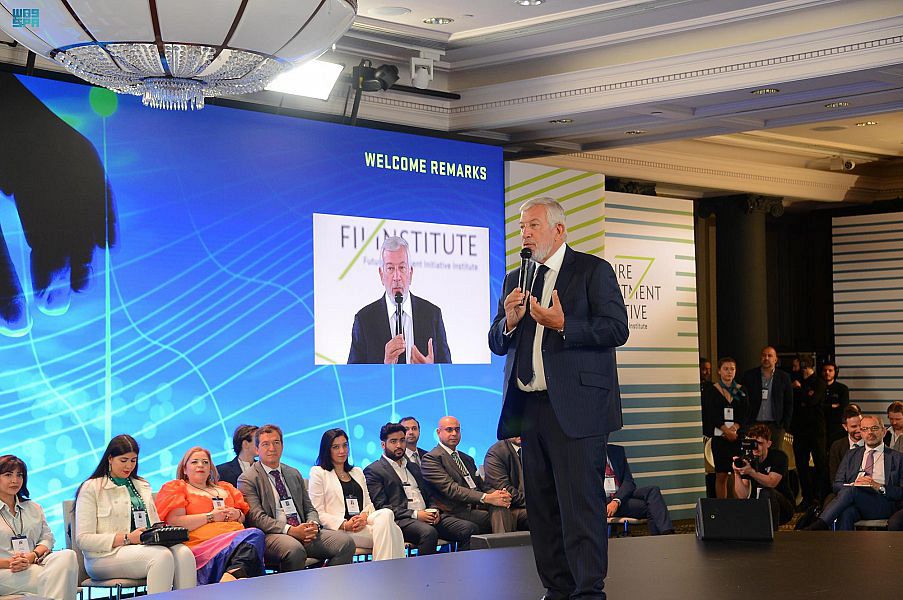
The summit has been organized by the Ministry of Planning, Development and Reform to inform the public about the objectives of CPEC and the projects under Belt and Road Initiative of Chinese President Xi Jinping
43 CPEC projects are in pipeline, some have already been completed, according to Chinese ambassador
KARACHI: Pakistani Prime Minister Shahid Khaqan Abbasi said that the China Pakistan Economic Corridor (CPEC) is laying the groundwork for economic development by enabling future generations from both countries to reap the rewards.
Speaking as he opened the CPEC Summit and Expo 2018 in Karachi on April 23, Abbasi added that CPEC will also help neighboring countries, such as Afghanistan, Iran and India, and Central Asian Republics to benefit from the trade route.
The summit is being organized by Ministry of Planning, Development and Reform to inform the public about the objectives of CPEC and the projects under the Belt and Road Initiative of Chinese President Xi Jinping.
Afghanistan had reservations over CPEC but now Kabul realizes the importance and benefits of the mega project, according to Abbasi.
“Recently, we discussed security and connectivity with Afghanistan and now they recognize CPEC as an opportunity,” he said.
CPEC projects are being built on two basic principles, Abbasi explained, the “first being economic viability and second, environmental sustainability. We would never compromise on these principles.”
He added: “Some of the projects are in the process of completion while some, mainly in energy sector, have already been completed.”
Planning and Interior Minister Ahsan Iqbal said that CPEC is the key to Pakistan’s future prosperity.
“China is indeed a great friend, who helped Pakistan whenever needed,” he said. “China invested billions of dollars when no one was willing to invest even 10 dollars in Pakistan.”
Asia is new engine of growth and Pakistan has a great opportunity to emerge among the regional leaders due to its strategic location, Iqbal said. By 2050, Asia’s share of global economic growth will be more than 25 percent, he added.
Yao Jing, the Chinese ambassador to Pakistan, said China was celebrating 2018 as the 40th anniversary the country’s policy of opening up and reforms.
“Over these 40 years, the Chinese government and people have made efforts to improve the country’s economy, and managed to have an average annual gross domestic product growth rate of 9.5 percent during all these years,” he said.
CPEC is a significant project not only for Pakistan, China and the neighboring countries, he added, but for the entire world in terms of the business opportunities it provides.
“Forty-three CPEC projects, mostly infrastructure and energy, are in pipeline, some of which have already been completed,” Yao said.
Dr. Ishrat Hussain, former governor of the State Bank of Pakistan, said a major chunk of the investment, $35 billion, has been reserved for energy projects focusing on the replacement of foreign fuels with domestic sources, including coal, liquefied natural gas, solar and wind.
Shaukat Tarin, chairman of the National Council of Economic Advisers, said Chinese financing should be available not only to Chinese companies operating in Pakistan, but also to local companies with business activities in China.
Dr. Abdul Hafeez Shaikh, a former federal finance minister, said that CPEC should be considered a “transformational exercise” and Pakistan should invite other countries to participate, rather than depending solely on China.
Samaira Nazir Siddiqui, secretary of Board of Investment, said that nine sites have been selected as special economic zones, three of which are near completion.
“Pakistan is trying to attract investments in major sectors such as textile, iron and steel, chemical, mining and agriculture,” she added.
Federal Secretary of Commerce Mohammed Younus Dagha said CPEC should help improve Pakistan’s balance of payments.
“Loan repayments to China will increase the trade deficit with China,” he said. “However, we can persuade China to set up industries in Pakistan instead of other countries, which would help bridge the gap.”
Pakistan signed a memorandum of understanding with China on July 05, 2013, to launch CPEC. The collection of infrastructure projects, worth more than $60 billion, is described as a “framework of regional connectivity.”








